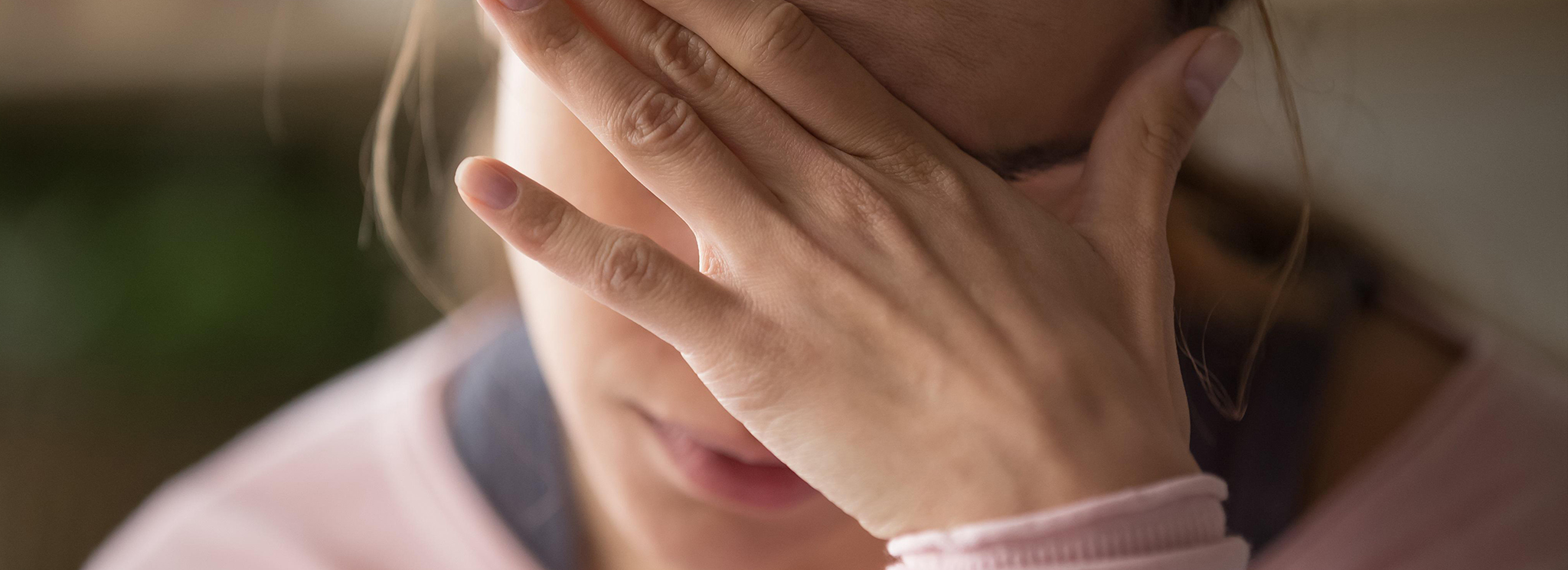
Anxiety is a natural response to stress or perceived danger. It can present itself as sensations of fear, anxiety, or discomfort. A normal and often beneficial reaction helps individuals prepare for challenging situations. However, it can become a concern or problem when it affects your everyday life.
Various forms of anxiety include generalized anxiety disorder (GAD), panic disorder, social anxiety, and specific phobias.
Understanding anxiety and its effects is crucial, as it can significantly impact daily life. Recognizing symptoms early on can lead to better management strategies and treatment options. This can enable individuals to lead more fulfilling lives.
What Causes Anxiety?
A variety of factors can cause anxiety, often working in combination. Understanding these causes can help individuals identify triggers and develop strategies for managing their anxiety effectively.
Some common causes include:
- Genetics
- Brain Chemistry
- Environmental Stressors
- Health Issues
- Substance Use
- Personality Factors
- Learned Behaviors
What are the Symptoms of Anxiety?
The symptoms of anxiety can vary widely depending on the individual and the specific anxiety disorder. They commonly include both physical and emotional signs.
Recognizing these symptoms is important for seeking help and managing anxiety effectively.
Common symptoms of anxiety include:
- Excessive Worry
- Restlessness
- Difficulty Concentrating
- Irritability
- Muscle Tension
- Sleep Disturbances
- Physical Symptoms
- Avoidance Behavior
- Panic Attacks
- Feeling Detached
- Tearful or Crying
- Obsessive Thoughts
- Difficulty Making Decisions
- Nausea
- Abdominal Distress
- Heart Palpitations
- Sweating
- Shaking
- Trouble Sleeping
What Does an Anxiety or Panic Attack Feel Like?
An anxiety or panic attack can feel overwhelming and frightening. Panic attacks typically peak within a few minutes and can last anywhere from a few minutes to half an hour.
Seeking help is essential if these experiences become frequent, as they can significantly impact daily life. During an attack, you might experience a range of physical and emotional symptoms, including:
- Rapid Heartbeat
- Shortness of Breath
- Sweating
- Trembling or Shaking
- Chest Pain
- Nausea or Stomach Discomfort
- Dizziness or Lightheadedness
- Numbness or Tingling
- Chills or Hot Flashes
- Fear of Losing Control or Going Crazy
- Fear of Death
How To Get Rid of Anxiety?
Managing and reducing anxiety can involve a combination of self-care strategies, lifestyle changes, and professional support.
Finding what works best for you may require some experimentation. Combining these strategies can lead to a more balanced and peaceful state of mind.
Here are some effective methods to help alleviate anxiety:
- Practice Mindfulness and Meditation
- Regular Physical Activity
- Healthy Eating Habits
- Establish a Routine
- Get Enough Sleep
- Limit Alcohol and Caffeine
- Build a Support Network
- Set Boundaries
- Seek Professional Help
- Practice Relaxation Techniques
- Journaling
- Engage in Hobbies
- Limit Exposure to Stressors
- Stay Informed but Not Overwhelmed
What are treatments for Anxiety?
Treatments for anxiety can vary widely depending on the individual and the severity of the condition. Consulting with a healthcare professional is essential to develop a personalized treatment plan that addresses specific needs. Common approaches include:
Therapy:
Cognitive Behavioral Therapy (CBT)
Exposure Therapy
Mindfulness and Relaxation Techniques
Medication:
Antidepressants
Benzodiazepines
Beta-Blockers
Lifestyle Changes:
Regular Exercise
Healthy Diet
Adequate Sleep
Support Groups:
Connecting with others who experience similar issues can provide emotional support and common coping strategies.
Self-Help Strategies:
Journaling
Limiting Caffeine and Alcohol
Alternative Treatments:
Some individuals find relief through acupuncture, herbal supplements, or essential oils. Consulting with a healthcare provider before starting any alternative therapies is important.
Anxiety can be a challenging ailment to deal with at times. We all have so many factors in our lives that affect our day-to-day lives. If you are suffering from anxiety, and it is causing a strain on your mental and/or physical self, make sure you visit your primary care provider or mental health professional for additional help.

